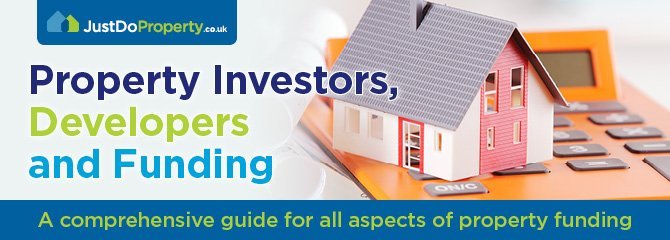The UK has entered the age of the start-up, with the UK’s SME population growing by 2.1 million since the start of the millennium. But many are encountering new issues with securing the funding they need. A recent report has highlighted the increase in popularity of one specific form of a financing solution, called property finance. What is it, how does it work and where does it fit into the current financial landscape?
Business Funding Statistics
The report, conducted by commercial financing solutions provider Nucleus Commercial Finance, revealed the upcoming finance decisions of SMEs in the coming year, with more than a fifth intending on visiting a bank for a cash loan, and a further fifth intending to use personal savings to leverage business growth.
Though 43% of respondents indicated the use of a traditional finance solution, or the avoidance of using any form of business loan, there is a growing contingent of new businesses seeking out alternative lending methods; 16% of those surveyed indicated that they would be utilising property finance in order to facilitate growth.
CEO of Nucleus Chirag Shah recognised the need for more awareness of funding options overall: “Despite the ongoing challenges of the pandemic and ongoing supply chains, it is positive to be planning ahead. However, there is still a way to go in understanding the number of funding options available. Governments and industries need to work together to highlight what options are available and the benefits of using external finance can help businesses invest for the future.”
What is Property Finance?
Property finance, otherwise known as property-backed lending, is a form of business financing solution that enables companies to leverage the value of their property. If a small business owns a commercial location or portfolio of properties, they can use that property as security for their loan. If a start-up SME does not have the assets to back a security-based loan, the business owner’s residential property can be used as collateral instead.
The benefits of property finance lie in the security itself. Unsecured lending can result in unfair terms and a high interest rate for repayments, where secured asset-based lending can give your business a generous rate up-front – ensuring there are no hidden surprises late on in the repayment schedule.
The Different Kinds of Property Loans
Property finance is a broad field, and can also speak to specific loan structures that specifically serve the purchasing of property – such as bridging loans and buy-to-let schemes. As far as asset-backed lending is concerned, there are three key types of property finance:
- Commercial Re-mortgage: equivalent to personal residential re-mortgages, these release equity from your business’ property in the form of a long-term loan.
- Second Charge Mortgage: another way to release equity, by compounding an existing mortgage agreement – with the advantage of reducing liability from other repayment charges.
- Secured Business Loan: the most common form of business lending, and the simplest; the property is treated as an asset and used as security for a pre-agreed sum.


